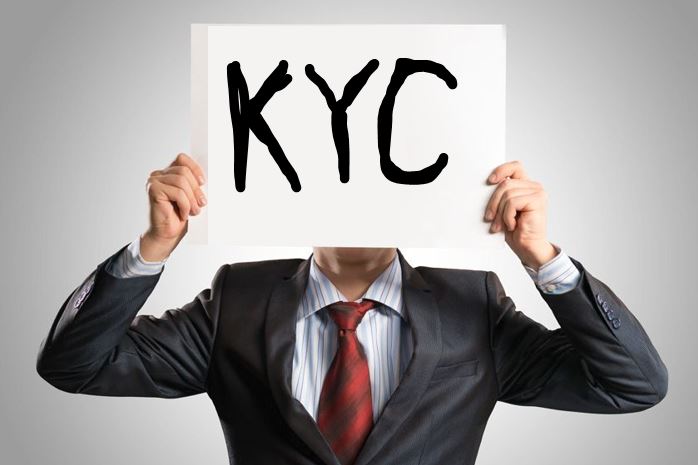What Makes Crypto Exchanges Without KYC Practices Inherently More Risky?
15.10.2024 22:00 1 min. read Alexander Zdravkov
Exchanges that bypass Know Your Customer (KYC) protocols pose several significant risks.
For much of the past decade, the cryptocurrency market operated largely unchecked due to slow regulatory responses. However, this dynamic is shifting, with new regulations like the Anti-Money Laundering (AML) directives and the Markets in Crypto Assets (MiCA) framework tightening control over these platforms.
One of the primary dangers is the heightened potential for fraud. The anonymity of non-KYC exchanges attracts criminals who can carry out scams without identity verification. This often results in sudden fund losses when exchanges shut down, making it easier for fraudsters to manipulate markets.
Regulatory changes are also increasing scrutiny on these platforms. Authorities are cracking down on non-compliant exchanges, viewing them as facilitators of illicit activities and enforcing stricter controls.
Security risks abound as well; non-KYC exchanges typically lack the cybersecurity measures required of regulated entities, making them easy targets for hackers. This leaves users vulnerable to significant financial losses.
Additionally, many of these exchanges operate with minimal transparency, which complicates recovery efforts in cases of theft or disputes, leaving users with little legal recourse.
-
1
Solana PumpFun Bot Turns Out to Be Malware in Disguise
04.07.2025 9:00 2 min. read -
2
Hackers Steal $140 Million from Brazilian Central Bank, Launder Funds Through Crypto
05.07.2025 11:00 2 min. read -
3
U.S. Court Ends Tornado Cash Legal Dispute, Marking Win for Coin Center
08.07.2025 10:00 2 min. read -
4
Investor Loses $6.9M After in TikTok Crypto Scam
16.06.2025 19:00 1 min. read -
5
SEC Charges Georgia-based First Liberty and Owner in $140 Million Ponzi Scheme
12.07.2025 17:00 2 min. read
SEC Charges Georgia-based First Liberty and Owner in $140 Million Ponzi Scheme
The U.S. Securities and Exchange Commission (SEC) has filed emergency enforcement actions against First Liberty Building & Loan, LLC and its founder, Edwin Brant Frost IV, alleging they operated a $140 million Ponzi scheme that spanned more than a decade and defrauded around 300 investors.
U.S. Court Ends Tornado Cash Legal Dispute, Marking Win for Coin Center
A legal clash between Coin Center and the U.S. Treasury Department over sanctions imposed on Tornado Cash has officially come to an end, following a joint decision to dismiss the case.
Hackers Steal $140 Million from Brazilian Central Bank, Launder Funds Through Crypto
A sophisticated cyberattack targeting Brazil’s central bank reserve accounts has resulted in the theft of over $140 million (R$800 million), much of which was swiftly funneled through cryptocurrency channels.
Solana PumpFun Bot Turns Out to Be Malware in Disguise
A malicious open-source project on GitHub disguised as a Solana trading bot has compromised user wallets, according to a July 2, 2025, report by cybersecurity firm SlowMist.
-
1
Solana PumpFun Bot Turns Out to Be Malware in Disguise
04.07.2025 9:00 2 min. read -
2
Hackers Steal $140 Million from Brazilian Central Bank, Launder Funds Through Crypto
05.07.2025 11:00 2 min. read -
3
U.S. Court Ends Tornado Cash Legal Dispute, Marking Win for Coin Center
08.07.2025 10:00 2 min. read -
4
Investor Loses $6.9M After in TikTok Crypto Scam
16.06.2025 19:00 1 min. read -
5
SEC Charges Georgia-based First Liberty and Owner in $140 Million Ponzi Scheme
12.07.2025 17:00 2 min. read


